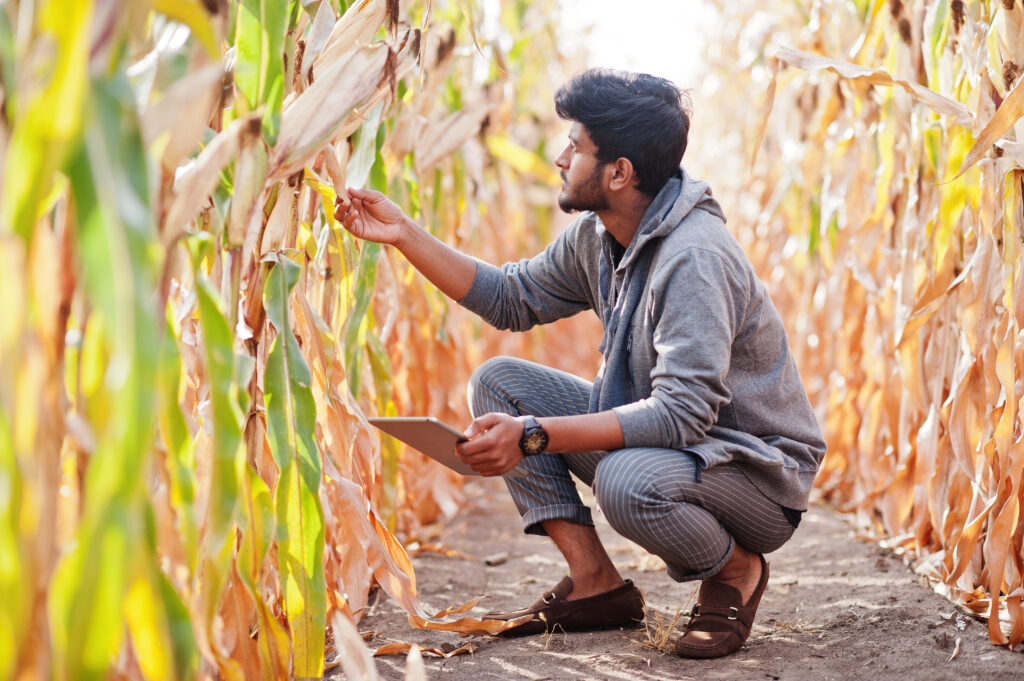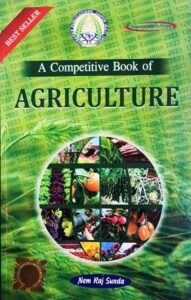
Crop production involves the cultivation of plants for various purposes, including food, fiber, medicinal plants, ornamental plants, and more. It is a fundamental aspect of agriculture and is crucial for providing sustenance to the growing global population. The process of crop production involves several stages:
- Land Preparation and Planning:
- Selection of suitable land based on soil type, topography, and climate.
- Clearing land, plowing, leveling, and preparing the soil for planting.
- Seed Selection and Sowing:
- Choosing appropriate seeds based on the type of crop, climate, and soil conditions.
- Sowing seeds in the prepared soil according to recommended spacing and depth.
- Fertilization and Soil Management:
- Adding fertilizers and nutrients to enhance soil fertility and support plant growth.
- Monitoring soil health and making necessary adjustments to maintain optimal conditions.
- Irrigation:
- Providing adequate water to the crops through various irrigation methods such as drip irrigation, sprinkler systems, or flood irrigation.
- Pest and Disease Management:
- Implementing pest control measures and disease prevention strategies to protect the crops from damage and ensure healthy growth.
- Weed Control:
- Managing and controlling weeds that compete with the crops for nutrients, water, and sunlight.
- Crop Monitoring and Maintenance:
- Regularly monitoring the crops for growth, health, and development.
- Taking appropriate actions to address any issues or challenges that may arise during the growing season.
- Harvesting:
- Harvesting the mature crops at the right time to ensure optimal quality and yield.
- Post-Harvest Handling:
- Storing, processing, and packaging the harvested crops to maintain their quality and extend their shelf life.
- Distribution and Marketing:
- Transporting the harvested crops to markets or processing facilities for further distribution and sale.
- Crop Rotation and Sustainable Practices:
- Implementing crop rotation and other sustainable farming practices to maintain soil fertility, reduce soil erosion, and minimize environmental impact.
Effective crop production requires knowledge of agronomy, plant biology, weather patterns, market dynamics, and sustainable agricultural practices. Modern farming often incorporates technology, precision agriculture, and data analytics to optimize productivity and resource utilization while minimizing environmental impact.



